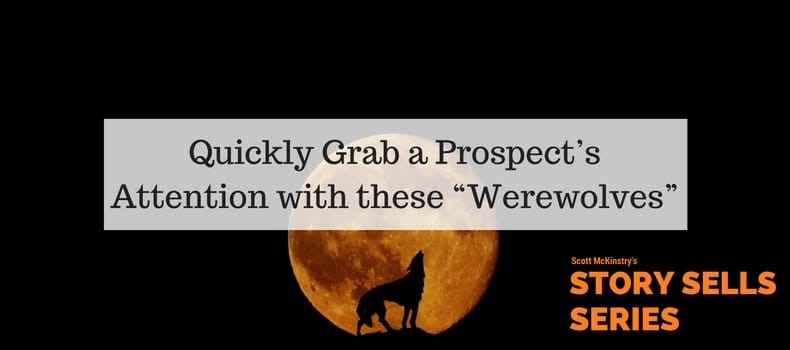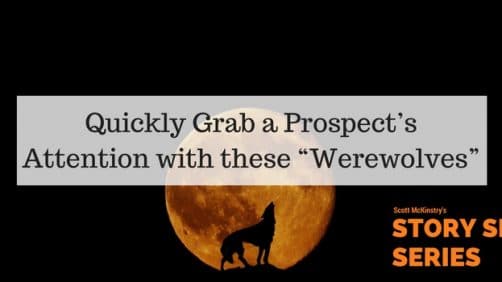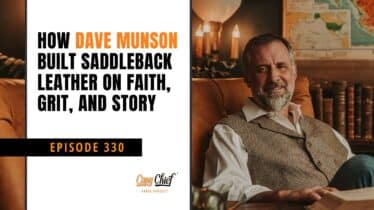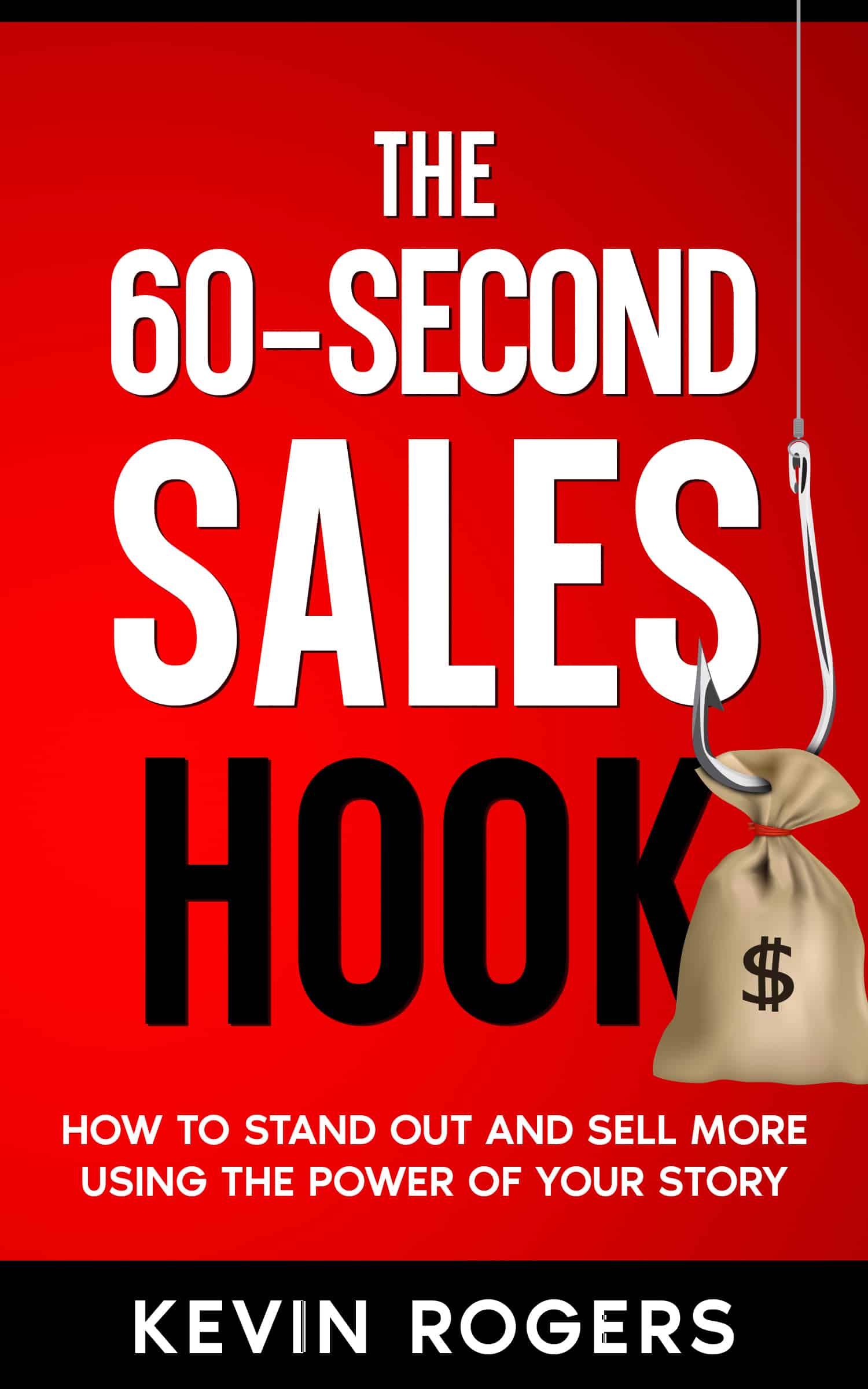Privacy Policy
Effective Date: December, 2017
The following Privacy Policy governs the online information collection practices of KEVIN ROGERS, INC. D/B/A WWW.COPYCHIEF.COM. (“we” or “us”). Specifically, it outlines the types of information that we gather about you while you are using the www.copychief.com website (the “Site”), collectively, the “Services”, and the ways in which we use this information. This Privacy Policy, including our children’s privacy statement, does not apply to any information you may provide to us or that we may collect offline and/or through other means (for example, at a live event, via telephone, or through the mail).
Please read this Privacy Policy carefully. By visiting and using the Services, you agree that your use of our Services, and any dispute over privacy, is governed by this Privacy Policy. Because the Web and Mobile platforms are evolving media, we may need to change our Privacy Policy at some point in the future, in which case we’ll post the changes to this Privacy Policy on the Site and update the Effective Date of the policy to reflect the date of the changes. By continuing to use the Services after we post any such changes, you accept the Privacy Policy as modified.
How We Collect and Use Information
We may collect and store personal or other information that you voluntarily supply to us online while using the Services (e.g., while on the Services or in responding via email to a feature provided on the Services). We only contact individuals who specifically request that we do so or in the event that they have signed up to receive our messaging, attended one of our events, or have purchased one of our products. We collect personally identifying information from our users during online registration and online purchasing. Generally, this information includes the name and e-mail address for registration or opt-in purposes and name, postal address, and credit card information when registering for our events or purchasing our products. All of this information is provided to us by you.
We also collect and store information that is generated automatically as you navigate online through the Services. For example, we may collect information about your computer’s connection to the Internet, which allows us, among other things, to improve the delivery of our web pages to you and to measure traffic on the Services. We also may use a standard feature found in browser software called a “cookie” to enhance your experience with the Services. Cookies are small files that your web browser places on your hard drive or mobile device for record-keeping purposes. By showing how and when visitors use the Services, cookies help us deliver advertisements, identify how many unique users visit us, and track user trends and patterns. They also prevent you from having to re-enter your preferences on certain areas of the Services where you may have entered preference information before. The Services also may use web beacons (single-pixel graphic files also known as “transparent GIFs”) to access cookies and to count users who visit the Services or open HTML-formatted email messages. We may also collect certain information from your mobile device, such as device and usage information that may include information that is specific to your mobile device (e.g. make, model, operating system, advertising identifier and similar information; (ii) information about your use of features, functions or notifications on the device; and (iii) signal strength relating to WiFi or Bluetooth functionality, temperature, battery level, and similar technical data.
We use the information we collect from you while you are using the Services in a variety of ways, including using the information to customize features; advertising that appears on the Services; and, making other offers available to you via email, direct mail or otherwise.
Please keep in mind that whenever you voluntarily make your personal information available for viewing by third parties online – for example on message boards, web logs, through email, or in chat areas – that information can be seen, collected and used by others besides us. We cannot be responsible for any unauthorized third-party use of such information.
Some of our third-party advertisers and ad servers that place and present advertising on the Services also may collect information from you via cookies, web beacons or similar technologies. These third-party advertisers and ad servers may use the information they collect to help present their advertisements, to help measure and research the advertisements’ effectiveness, or for other purposes. The use and collection of your information by these third-party advertisers and ad servers is governed by the relevant third-party’s privacy policy and is not covered by our Privacy Policy. Indeed, the privacy policies of these third-party advertisers and ad servers may be different from ours. If you have any concerns about a third party’s use of cookies or web beacons or use of your information, you should visit that party’s website and review its privacy policy.
The Services also includes links to other websites and provides access to products and services offered by third parties, whose privacy policies we do not control. When you access another website or purchase third-party products or services through the Services, use of any information you provide is governed by the privacy policy of the operator of the Services you are visiting or the provider of such products or services.
We may also make some content, products, and services available through our Services or by emailing messages to you through cooperative relationships with third-party providers, where the brands of our provider partner appear on the Services in connection with such content, products and/or services. We may share with our provider partner any information you provide, or that is collected, in the course of visiting any pages that are made available in cooperation with our provider partner. In some cases, the provider partner may collect information from you directly, in which cases the privacy policy of our provider partner may apply to the provider partner’s use of your information. The privacy policy of our provider partners may differ from ours. If you have any questions regarding the privacy policy of one of our provider partners, you should contact the provider partner directly for more information.
Be aware that we may occasionally release information about our visitors when a release is appropriate to comply with the law or to protect the rights, property or safety of users of the Services or the public.
Please also note that as our business grows, we may buy or sell various assets. In the unlikely event that we sell some or all of our assets, or one or more of our Services is acquired by another company, information about our users may be among the transferred assets.
Google Analytics
We also use Google Analytics Advertiser Features to optimize our business. Advertiser features include:
-
- Remarketing with Google Analytics
-
- Google Display Network Impression Reporting
-
- DoubleClick Platform integrations
- Google Analytics Demographics and Interest Reporting
By enabling these Google Analytics Display features, we are required to notify our visitors by disclosing the use of these features and that we and third-party vendors use first-party cookies (such as the Google Analytics cookie) or other first-party identifiers, and third-party cookies (such as the DoubleClick cookie) or other third-party identifiers together to gather data about your activities on our Services. Among other uses, this allows us to contact you if you begin to fill out our check-out form but abandon it before completion with an email reminding you to complete your order. The “Remarketing” feature allows us to reach people who previously visited our Services, and match the right audience with the right advertising message.
You can opt out of Google’s use of cookies by visiting Google’s ad settings and/or you may opt out of a third-party vendor’s use of cookies by visiting the Network Advertising Initiative opt-out page.
Facebook
As advertisers on Facebook and through our Facebook page, we, (not Facebook) may collect content or information from a Facebook user and such information may be used in the same manner specified in this Privacy Policy. You consent to our collection of such information.
We abide by Facebook’s Data Use Restrictions.
-
- Any ad data collected, received or derived from our Facebook ad (“Facebook advertising data”) is only shared with someone acting on our behalf, such as our service provider. We are responsible for ensuring that our service providers protect any Facebook advertising data or any other information obtained from us, limit our use of all of that information, and keep it confidential and secure.
-
- We do not use Facebook advertising data for any purpose (including retargeting, commingling data across multiple advertisers’ campaigns, or allowing piggybacking or redirecting with tags), except on an aggregate and anonymous basis (unless authorized by Facebook) and only to assess the performance and effectiveness of our Facebook advertising campaigns.
-
- We do not use Facebook advertising data, including the targeting criteria for a Facebook ad, to build, append to, edit, influence, or augment user profiles, including profiles associated with any mobile device identifier or other unique identifiers that identifies any particular user, browser, computer or device.
- We do not transfer any Facebook advertising data (including anonymous, aggregate, or derived data) to any ad network, ad exchange, data broker or other advertising or monetization related service.
Children’s Privacy Statement
This children’s privacy statement explains our practices with respect to the online collection and use of personal information from children under the age of thirteen and provides important information regarding their rights under federal law with respect to such information.
-
- The Services are not directed to children under the age of thirteen and we do NOT knowingly collect personally identifiable information from children under the age of thirteen as part of the Services. We screen users who wish to provide personal information in order to prevent users under the age of thirteen from providing such information. If we become aware that we have inadvertently received personally identifiable information from a user under the age of thirteen as part of the Services, we will delete such information from our records. If we change our practices in the future, we will obtain prior, verifiable parental consent before collecting any personally identifiable information from children under the age of thirteen as part of the Services.
-
- Because we do not collect any personally identifiable information from children under the age of thirteen as part of the Services, we also do NOT knowingly distribute such information to third parties.
-
- We do NOT knowingly allow children under the age of thirteen to publicly post or otherwise distribute personally identifiable contact information through the Services.
- Because we do not collect any personally identifiable information from children under the age of thirteen as part of the Services, we do NOT condition the participation of a child under thirteen in the Services’ online activities on providing personally identifiable information.
How do we store your information?
Your information is stored at the list server that delivers our content and messaging. Your information can only be accessed by those who help manage those lists in order to deliver e-mail to those who would like to receive our material.
All of the messaging or emails that are sent to you by us include an unsubscribe link in them. You can remove yourself at any time from our mailing list by clicking on the unsubscribe link that can be found in every communication that we send you.
Disclaimer
Although it is highly unlikely, this policy may be changed at any time at our discretion. If we should update this policy, we will post the updates to this page on our Services.
If you have any questions or concerns regarding our privacy policy please direct them to:
support@copychief.com








